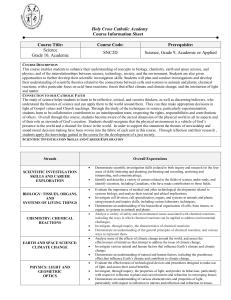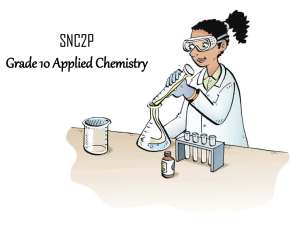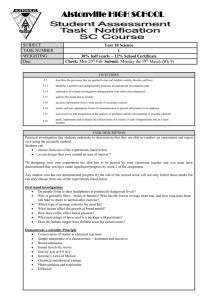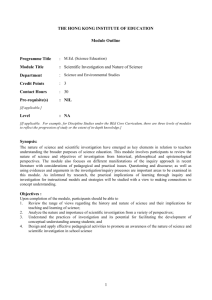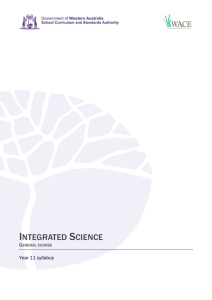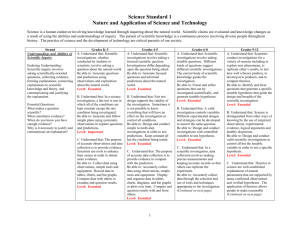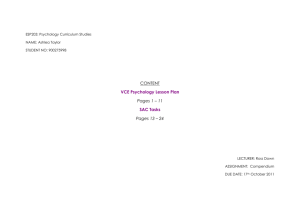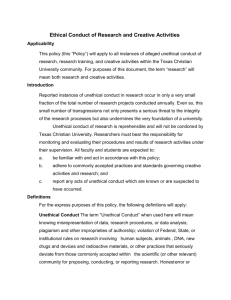PRELIMINARY OUTLINE 2013
advertisement
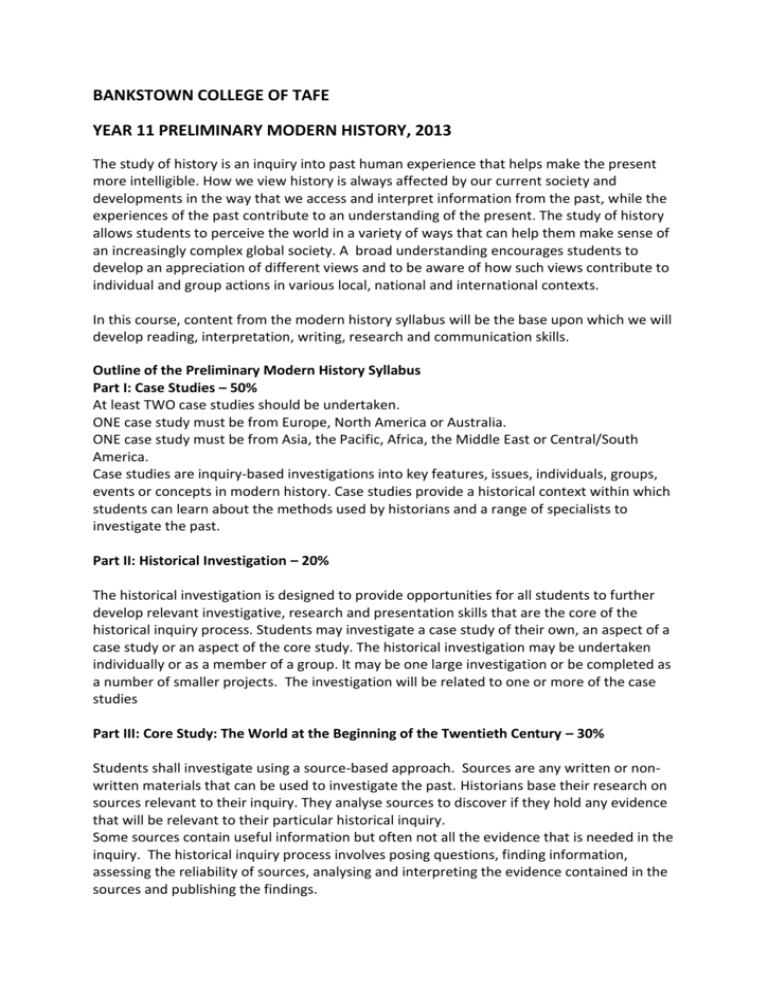
BANKSTOWN COLLEGE OF TAFE YEAR 11 PRELIMINARY MODERN HISTORY, 2013 The study of history is an inquiry into past human experience that helps make the present more intelligible. How we view history is always affected by our current society and developments in the way that we access and interpret information from the past, while the experiences of the past contribute to an understanding of the present. The study of history allows students to perceive the world in a variety of ways that can help them make sense of an increasingly complex global society. A broad understanding encourages students to develop an appreciation of different views and to be aware of how such views contribute to individual and group actions in various local, national and international contexts. In this course, content from the modern history syllabus will be the base upon which we will develop reading, interpretation, writing, research and communication skills. Outline of the Preliminary Modern History Syllabus Part I: Case Studies – 50% At least TWO case studies should be undertaken. ONE case study must be from Europe, North America or Australia. ONE case study must be from Asia, the Pacific, Africa, the Middle East or Central/South America. Case studies are inquiry-based investigations into key features, issues, individuals, groups, events or concepts in modern history. Case studies provide a historical context within which students can learn about the methods used by historians and a range of specialists to investigate the past. Part II: Historical Investigation – 20% The historical investigation is designed to provide opportunities for all students to further develop relevant investigative, research and presentation skills that are the core of the historical inquiry process. Students may investigate a case study of their own, an aspect of a case study or an aspect of the core study. The historical investigation may be undertaken individually or as a member of a group. It may be one large investigation or be completed as a number of smaller projects. The investigation will be related to one or more of the case studies Part III: Core Study: The World at the Beginning of the Twentieth Century – 30% Students shall investigate using a source-based approach. Sources are any written or nonwritten materials that can be used to investigate the past. Historians base their research on sources relevant to their inquiry. They analyse sources to discover if they hold any evidence that will be relevant to their particular historical inquiry. Some sources contain useful information but often not all the evidence that is needed in the inquiry. The historical inquiry process involves posing questions, finding information, assessing the reliability of sources, analysing and interpreting the evidence contained in the sources and publishing the findings. Principal focus of the Year 11 Modern History syllabus: Students apply historical inquiry methods within a range of historical contexts to investigate key features, issues, individuals, groups, events, concepts and other forces in the eighteenth, nineteenth and twentieth centuries. Outcomes Students: P1.1 describe the role of key individuals, groups and events of selected studies from the eighteenth century to the present P1.2 investigate and explain the key features and issues of selected studies from the eighteenth century to the present P2.1 identify forces and ideas and explain their significance in contributing to change and continuity from the eighteenth century to the present P3.1 ask relevant historical questions P3.2 locate, select and organise relevant information from different types of sources P3.3 comprehend and analyse sources for their usefulness and reliability P3.4 identify and account for differing perspectives and interpretations of the past P3.5 plan and present the findings of historical investigations, analysing and synthesising information from different types of sources P4.1 use historical terms and concepts appropriately P4.2 communicate a knowledge and understanding of historical features and issues, using appropriate and well-structured oral and written forms Students learn to: ask relevant historical questions about selected studies of the modern world locate, select and organise information from different types of sources, including information and communication technologies (ICT), to describe and analyse relevant features and issues of selected studies of the modern world analyse the major events and issues relevant to selected studies of the modern world assess the forces for change and continuity within selected studies of the modern world describe and evaluate the role of key individuals and groups in selected studies of the modern world account for and assess differing perspectives and interpretations of significant events, people and issues in selected studies of the modern world present the findings of investigations on selected studies of the modern world, analysing and synthesising information from different types of sources communicate an understanding of relevant concepts, features and issues using appropriate and well-structured oral and/or written and/or multimedia forms including ICT. Students learn about: key features and issues of the modern world political, economic, social and technological features of the selected case study forces for change that emerged in the period of the selected case study the nature of the political, social, economic and technological change that occurred in the period of the selected case study the impact of change on the society or period of the selected case study PROPOSED PROGRAM – YEAR 11 ESL MODERN HISTORY 2013 WEEK 1. 2-8 CONTENT ASSESSMENT Introduction/ discussion of case studies Case study one - Australia Investigation of an important person associated with the case study Short test or interpretation exercise 9- 15 Case Study 2: Europe or North America Investigation of an event related to the case study Short test or writing exercise 16- 22 Case Study 3: Asia Investigation of a place related to the case study Short test or interpretation exercise 23 – 28 Case Study 4: Africa Investigation of a person related to the case study 29 – 36 The world at the beginning of the 20th century Task based on relevant sources IDEAS FOR MODERN HISTORY CASE STUDIES A case study can be examining a particular event or time OR can examine how a particular group in a society have developed and changed over time OR can consider the growth and spread of an idea or ideology AUSTRALIA EUROPE OR NORTH AMERICA Indigenous Australians –settlement to Mabo Settlement and Survival -1788-1850 Colonies to Country/ Gold to the Commonwealth Women – settlement to equal opportunity ASIA AFRICA
